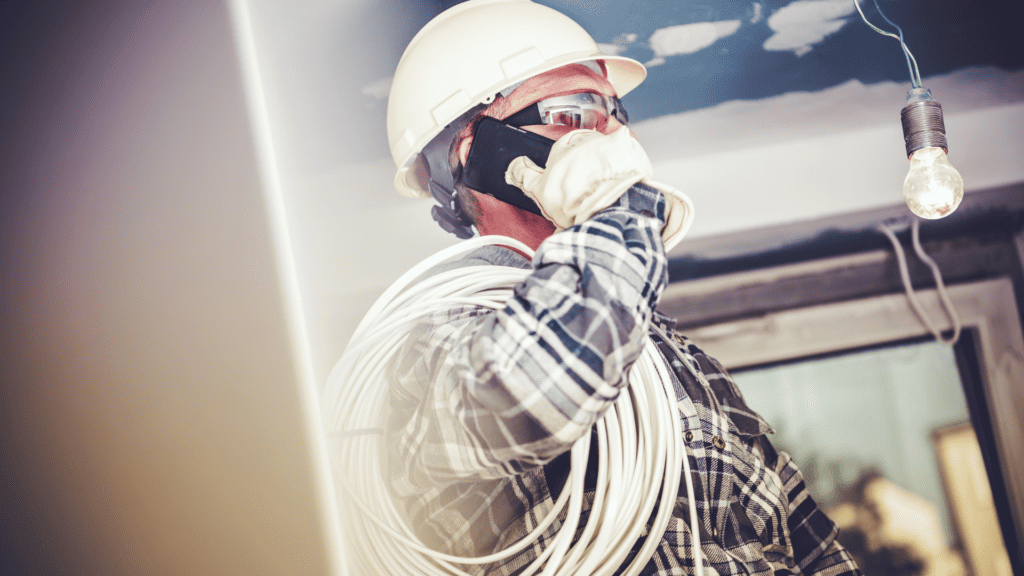In the construction industry, subcontractors play a vital role in ensuring the successful completion of projects. However, choosing the right subcontractor requires careful evaluation and thorough vetting. Before entering into a contract with a specialty contractor, it is essential to ask specific questions to assess their capabilities, workmanship, adherence to schedules, safety practices, and contractual obligations. In this article, we will explore important questions to ask when vetting subcontractors to help you make informed decisions and forge successful partnerships.
It is crucial to ascertain whether the subcontractor has the expertise and resources to handle the entire scope of work assigned to them. Discuss the specifics of the project and inquire about their experience in similar projects. Request references and review their portfolio to gain insight into their capabilities and track record.
Quality is paramount in any construction project. Inquire about the subcontractor's quality control processes and adherence to industry standards. Request examples of previous work to assess the quality of their craftsmanship. A subcontractor with a reputation for consistently delivering high-quality work will contribute to the success of your project, so don't be afraid to ask for references.
Working on a construction site involves navigating and working alongside existing or newly constructed work features. It is important to ensure that the subcontractor has a reputation for working carefully and minimizing damage to the surrounding environment. Ask about their approach to protecting existing structures, equipment, and finishes to avoid unnecessary disruptions and costly repairs.
Timely completion of construction projects is critical for overall success --especially when the prime contract brings liquidated damages into the equation. Ask the subcontractor about their commitment to meeting project deadlines and their ability to deliver work within the specified timeframe. Inquire about their track record in adhering to schedules in previous projects and how they handle unexpected delays or challenges.
Change orders can impact project timelines and project profitablity significantly. Inquire about the subcontractor's change order history and their approach to managing changes during a project. Assess their flexibility, communication skills, and ability to handle change requests in a fair and transparent manner.
Safety is a top priority on any construction site. Ask the subcontractor about their safety protocols, training programs, and compliance with OSHA regulations. Inquire about their safety record and whether they have had any major incidents in the past. A subcontractor with a strong commitment to safety will help maintain a secure work environment for all project stakeholders.
Invoicing or billing considerations are crucial to consider when entering into a subcontractor agreement. Inquire about the subcontractor's payment terms and their approach to invoicing. Beware of subcontractors who insist on upfront payment for materials or request payment before the work is completed. A reputable subcontractor will have clear payment terms aligned with project milestones and deliverables.
A clean and organized construction site enhances efficiency and safety. Ask the subcontractor about their practices regarding site cleanliness and waste management. Inquire about their commitment to maintaining a tidy work area and whether they have a plan for the proper disposal of construction debris.
Before finalizing the agreement, review the contract thoroughly to ensure it reflects all the expectations, requirements, and specifications discussed. Seek legal advice if necessary to ensure that the contract adequately protects your interests. Clarify any ambiguous clauses or obligations to avoid misunderstandings during the project.
Vetting subcontractors is a critical step in ensuring the success of construction projects. By asking the right questions and thoroughly evaluating potential subcontractors, you can make informed decisions and form strong partnerships. Assessing their capabilities, commitment to quality, adherence to schedules, safety practices, and contractual obligations will help you select subcontractors who align with your project goals and expectations. Remember, choosing the right subcontractor is an investment in the smooth execution of your construction projects and the overall success of your business.
